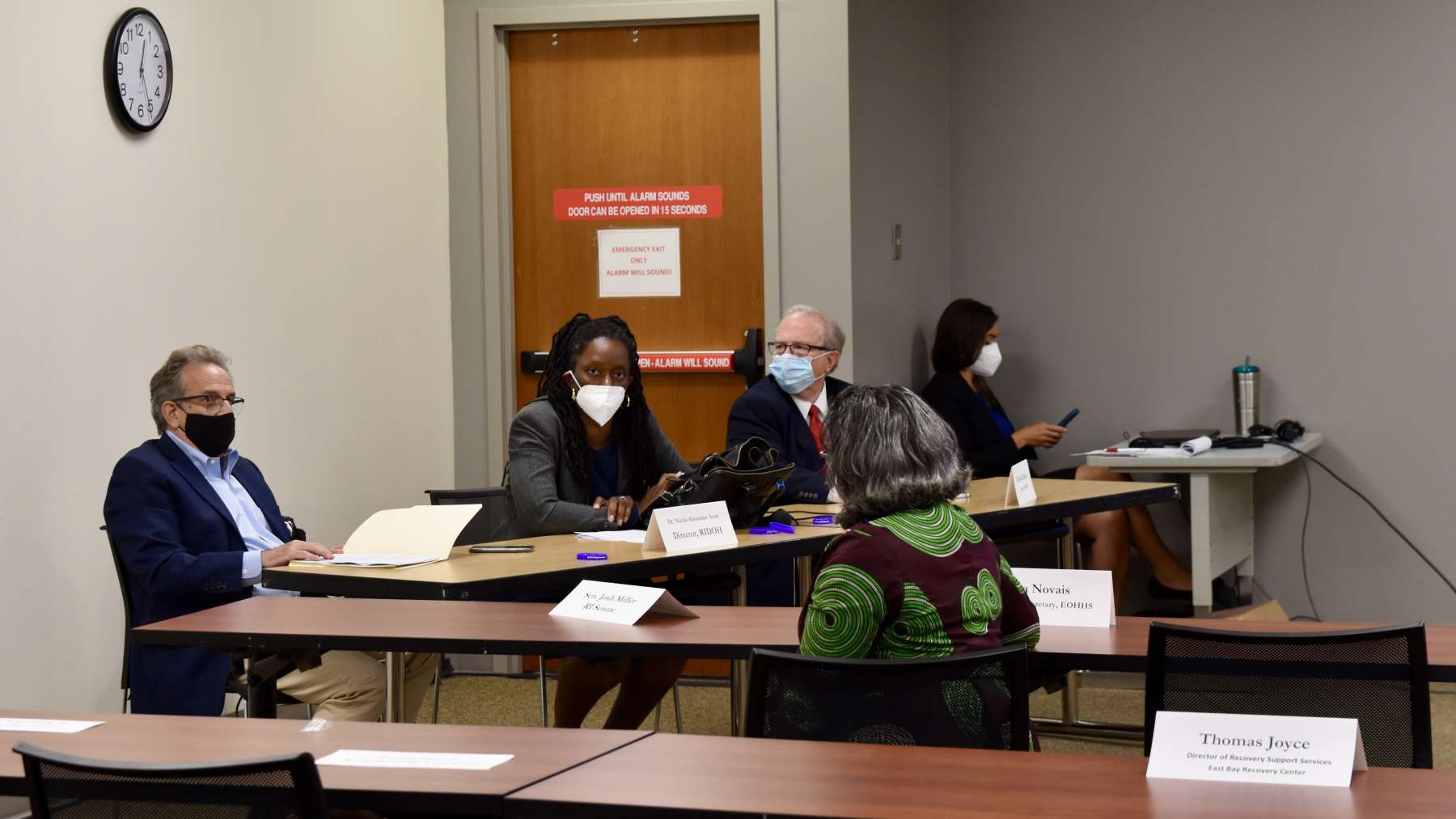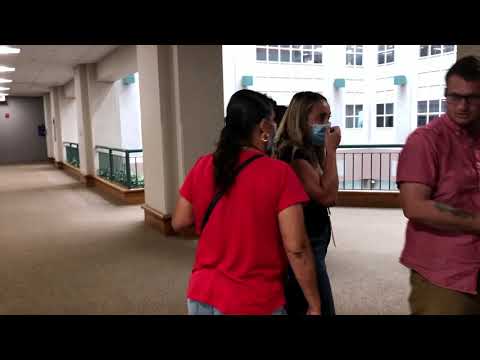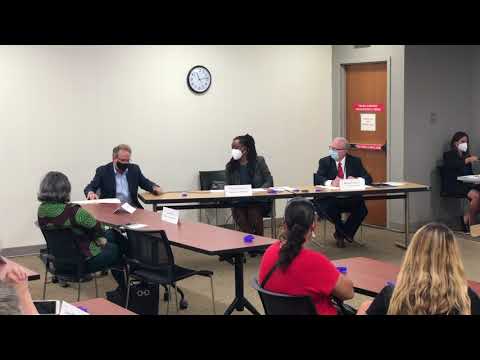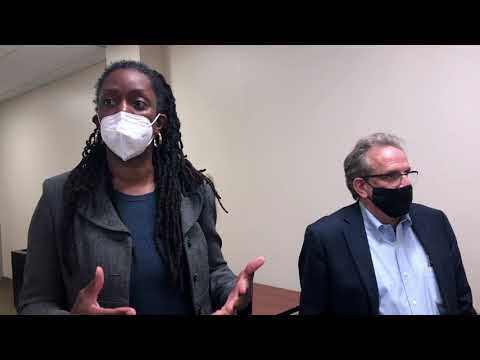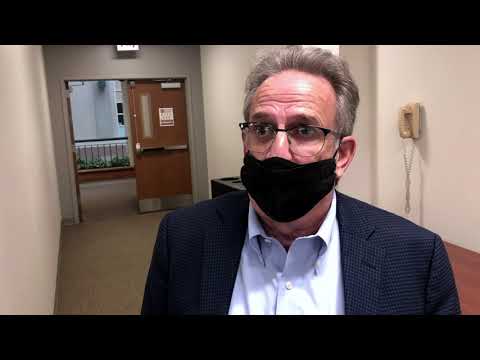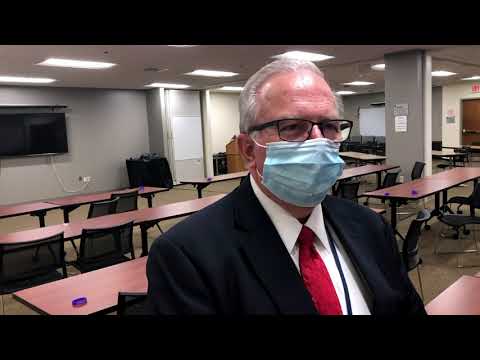Governor McKee’s Overdose Taskforce walks out over budget cuts
Beginning in late July agencies such as Project Weber/Renew and programs like R.E.S.T. have been warned of large budget cuts totaling in the millions. Meanwhile, faith based initiatives like the IMANI Breakthrough Recovery Program are being funded by the state to the tune of $800k…
September 8, 2021, 4:16 pm
By Steve Ahlquist
At the monthly meeting of Rhode Island Governor Daniel McKee‘s Overdose Taskforce, members demanded a change in the agenda to discuss recent and alarming cuts to the budgets of agencies that work to reduce overdose deaths in Rhode Island. Beginning in late July agencies such as Project Weber/Renew and programs like R.E.S.T. have been warned of large budget cuts totaling in the millions. Meanwhile, faith based initiatives like the IMANI Breakthrough Recovery Program are being funded by the state to the tune of $800k. This comes at a time when overdose deaths are many times greater than Covid deaths, the state is flush with federal funding, and during Recovery Month, a “national observance held every September to promote and support new evidence-based treatment and recovery practices, the emergence of a strong and proud recovery community, and the dedication of service providers and community members across the nation who make recovery in all its forms possible.”
The meeting, which Governor McKee did not attend, was co-chaired by Rhode Island Department of Behavioral Healthcare, Developmental Disabilities & Hospitals (BHDDH) Director Richard Charest and Dr Nicole Alexander-Scott, Executive Director of the Rhode Island Department of Health (DOH). State Senator Joshua Miller (Democrat, District 28, Cranston), a member of the Taskforce, was drafted to oversee the meeting.
Update from Senator Miller: “I assume you know I signed the letter from advocates that you published. That I clearly stated that it was requisite to reverse the cuts. That both advocates and BHDDH/DOH asked for me to help facilitate rather than being ‘drafted.'”
Miller was a staunch supporter of Charest during his confirmation hearings in the Senate in June. Charest is a McKee appointee and had the strong support of Senate President Dominick Ruggerio and Senate Majority Leader Michael McCaffrey.
Uprise RI live tweeted the Taskforce meeting here.
After the leaders and representatives of the various agencies that are on frontline of the opioid crisis talked about the potential devastation the cuts will have on the services they provide and on the danger these cuts present to community health and safety, nearly every member of the Taskforce walked out in disgust when Director Charest refused to commit to level funding the programs until new sources of funding could be secured.
Charest was aware that a walkout was probable if he could not allay the concerns of the Taskforce members. He had received an open letter from “The Community” outlining their demands.
- Proposed funding cuts for many providers be restored to current 2021 levels until new revenue such as ARPA, samsa, and opioid stewardship funds can be distributed to meet increased demand for services.
- Publicly state that additional funds of $75,000 will be added to each of the recovery community centers that will carry out the work formerly done by the AnchorED program.
- Publicly announce that the R.E.S.T. program funding will be re-instated and increased from $55,000 to $75,000 for the following year.
- Publicly state the following in regards to the Opioid Stewardship Fund
- At the next meeting on October 13th, we will share the exact dollar amount and specific outcomes of this grant from FY21.
- At the next meeting on October 13th, we will share how agencies and organizations can apply for this funding going forward.
- We will include the taskforce members and expert advisors when deciding how the $5,000,000 gets spent each year, with transparency in the process.
- Publicly state that any individual who has not received any funds from the state’s recovery housing grant in the past 12 months and experienced a re-occurrence will be eligible to receive funding under the same terms as previously allowed.
- Publicly state the procurement process for choosing to fund the Imani Breakthrough Project at nearly $800,000
- Publicly state that the state has secured 3.375 Million dollars for the purchase of Naloxone to adequately meet the needs of the community over the next year.
What was perhaps the most startling thing revealed at the meeting is that neither BHDDH nor DOH seemed to have any knowledge about the source of the cuts, the reason for the cuts, the number of and amount of the cuts, or any explanations at all about how funding decisions are made or how new programs are authorized.
Director Charest said that the earliest he could have the information requested in the letter would be in a week. Taskforce members responded by walking out.
During the meeting Jonathan Goyer, expert advisor to the task force and person in long term recovery, invited representatives from various agencies to rise and explain the cuts they are expected to deal with. With Rhode Island and the nation suffering from a huge increase in overdoses, even level funding these services taxes the system as providers constantly seek to do more with less.
Meanwhile, Senator Miller tried to run a tab detailing how much each agency was losing, but that soon became impossible. The cuts have already strewn confusion, anxiety and uncertainty throughout the recovery community. One agency reported receiving a letter about cuts two weeks ago. It was supposed to be delivered earlier, but it sat in an email inbox unsent because someone at BHDDH forget to hit send.
Yesterday, in response to questioning from ConvergenceRI‘s Richard Asinof, Governor McKee stated that the cuts are probably the product of federal funds drying up and no longer being available. (See: RIBHDDH cuts more than $2 million in funding for recovery programs)
After the walkout, Uprise RI asked the Taskforce directors for their opinions about what was going on. None of the responses were very helpful:
Dr Alexander-Scott:
Senator Miller:
Director Charest:



